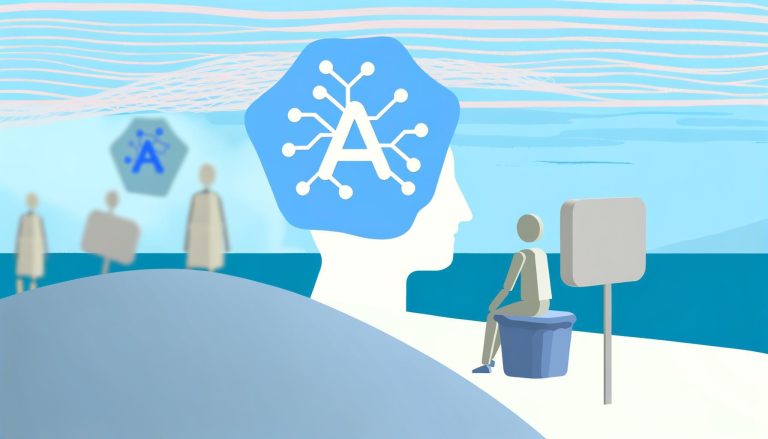In an increasingly globalized world, understanding and navigating cultural differences has become essential in various facets of life, including mental health. With advancements in technology, specifically artificial intelligence (AI), we can harness these tools to enhance our cross-cultural mental health strategies. This article explores the role of AI in cross-cultural mental health, providing valuable insights into how it can help us foster better understanding and care across diverse communities.
Understanding Cross-Cultural Mental Health
Cross-cultural mental health involves recognizing and respecting cultural differences in mental health practices, beliefs, and treatments. Different cultures have varied interpretations of mental health and well-being, influenced by sociocultural factors such as values, traditions, and social norms.
The Importance of Cultural Sensitivity
Cultural sensitivity is crucial in mental health care as it ensures respect for individual beliefs and practices. By acknowledging cultural differences, mental health professionals can:
- Offer more personalized and effective care
- Reduce stigma associated with mental health issues
- Improve communication and trust between providers and clients
Challenges in Cross-Cultural Mental Health
Despite the importance of cultural sensitivity, several challenges exist:
- Language Barriers: Communication can be hindered if the provider and client do not share a common language.
- Different Cultural Norms: Varying beliefs about mental health can impact the understanding and acceptance of treatments.
- Accessibility: Access to culturally appropriate mental health care may be limited.
The Role of AI in Cross-Cultural Mental Health
Artificial intelligence presents an innovative solution to many of these challenges. Through advanced algorithms, AI can process vast amounts of data to identify patterns and offer personalized recommendations. Here’s how AI tools are transforming cross-cultural mental health care:
Language Translation and Sentiment Analysis
AI-powered language translation tools can bridge communication gaps, offering real-time translation services to help clinicians and clients communicate more effectively. These tools can also analyze the sentiment behind the words, providing deeper insights into the emotional state of the client.
Personalized Mental Health Interventions
By analyzing data from various sources, including social media and health records, AI can identify specific cultural factors affecting an individual’s mental health. This allows for the creation of personalized interventions tailored to the client’s cultural background and personal experiences.
Enhanced Data Analytics
AI-driven data analytics can help identify trends and patterns in mental health across different cultural groups. This information is valuable for researchers and policymakers to develop targeted mental health programs and interventions.
Benefits of Using AI Tools in Cross-Cultural Mental Health
Integrating AI into cross-cultural mental health care offers numerous benefits:
- Improved Accessibility: AI tools can provide remote mental health services, making care more accessible to underserved populations.
- Culturally Competent Care: AI can offer insights into cultural norms and values, allowing providers to offer more culturally sensitive care.
- Efficiency and Scalability: AI can process large volumes of data quickly, making it easier to scale mental health services to meet the needs of diverse populations.
Practical Tips for Leveraging AI in Cross-Cultural Mental Health
Here are some practical tips for effectively using AI tools in cross-cultural mental health care:
- Stay Updated: Regularly update AI tools with the latest advancements in language translation and mental health analytics.
- Customization: Customize AI tools to accommodate specific cultural nuances and preferences.
- Training: Train mental health professionals to effectively utilize AI tools, ensuring that they understand their capabilities and limitations.
- Feedback Loop: Implement a feedback system to continuously improve AI tools based on user experiences and outcomes.
Conclusion
The integration of AI in cross-cultural mental health marks a significant advancement in how we approach mental health care. By addressing language barriers, offering personalized interventions, and enhancing data analytics, AI tools can revolutionize mental health care for diverse populations. However, it’s essential to remain sensitive to cultural differences and continuously seek improvements to ensure that these tools serve their intended purpose effectively.
For those looking to track and improve their mental well-being, the Zenora App provides features that align with this discussion. With mood and habit tracking, goal entries, and personalized insights based on your journal entries, Zenora can help you navigate your mental health journey with greater ease and cultural sensitivity.





